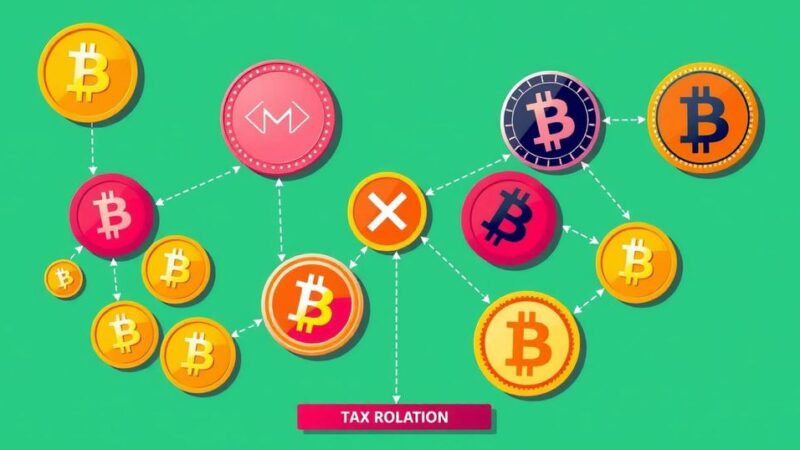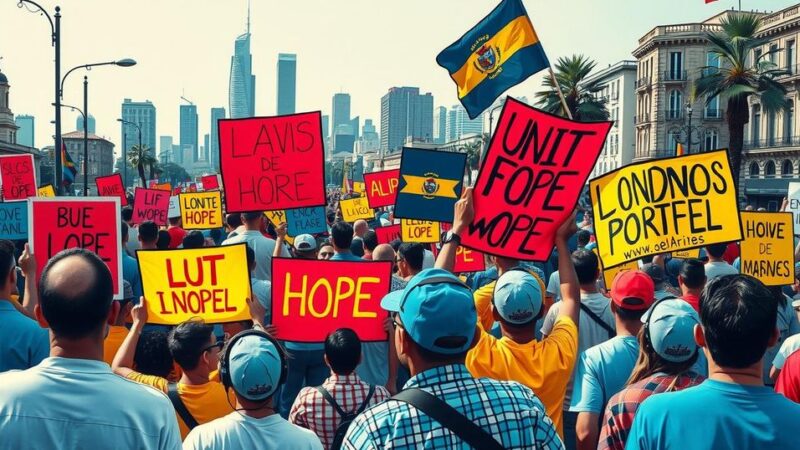The World Bank’s report highlights the urgent need for Liberia to implement reforms to escape the “natural resource trap”. Key recommendations include modernizing institutions, promoting private sector growth, and enhancing public services. The reforms could potentially enable Liberia to achieve lower middle-income status and double productivity growth by 2040.
On March 11, 2025, the World Bank unveiled its latest report titled “Escaping the Natural Resource Trap: Pathways to Sustainable Growth and Economic Diversification in Liberia.” This Liberia Country Economic Memorandum provides a comprehensive analysis of the nation’s economic condition and the significant impact of vulnerability to external shocks on its growth trajectory. The findings aim to enhance the execution of the ARREST Agenda for Inclusive Development (AAID).
Liberia continues to struggle with a “natural resource trap,” a consequence of relying heavily on commodity-based development. This approach has caused repeated cycles of economic stagnation and recovery. The country faces risks due to limited foundations for sustainable prosperity, including inadequate human capital, wealth accumulation, and productivity. The report warns that without reform, Liberia’s economic growth will remain modest, delaying its transition to middle-income status until approximately 2050, with real per capita GDP growth insufficient to significantly alleviate poverty.
Georgia Wallen, the World Bank Liberia Country Manager, emphasized the importance of institutional and policy reforms, stating, “Institutional and policy reforms are essential to modernize the public sector and provide Liberia with the institutions needed to lead the transformation.” These reforms should focus on overhauling the business environment to stimulate private investment, enhance public service delivery, and improve essential infrastructure in education, health, and digital sectors.
The report delineates five critical transformations necessary for fostering long-term development in Liberia. These include reconfiguring the macro-economy, diversifying from a mining-centric economy, promoting private sector involvement, and undertaking substantial policy reforms to modernize governance. Transformations would position Liberia to address urban workforce demands and create sustainable job opportunities.
Potential exists for Liberia to achieve improved economic performance if substantial reforms are initiated promptly. A robust reform program could potentially double productivity growth within the non-mining sector. These initiatives would enhance crucial metrics in education and health, notably increasing schooling years and quality while improving public service efficiency. Increased public and private investment could significantly lift real GDP growth, propelling Liberia toward lower middle-income status before 2040 and potentially raising per capita GDP to US$2,000 by 2050.
In summary, the World Bank’s report urges Liberia to implement significant reforms to overcome the current economic challenges posed by an over-reliance on natural resources. By focusing on enhancing human capital and diversifying its economy, Liberia could achieve sustainable growth and significantly improve living standards. Institutional modernization and public and private sector collaboration are vital for progression toward middle-income status for the benefit of its citizens.
Original Source: www.miragenews.com






